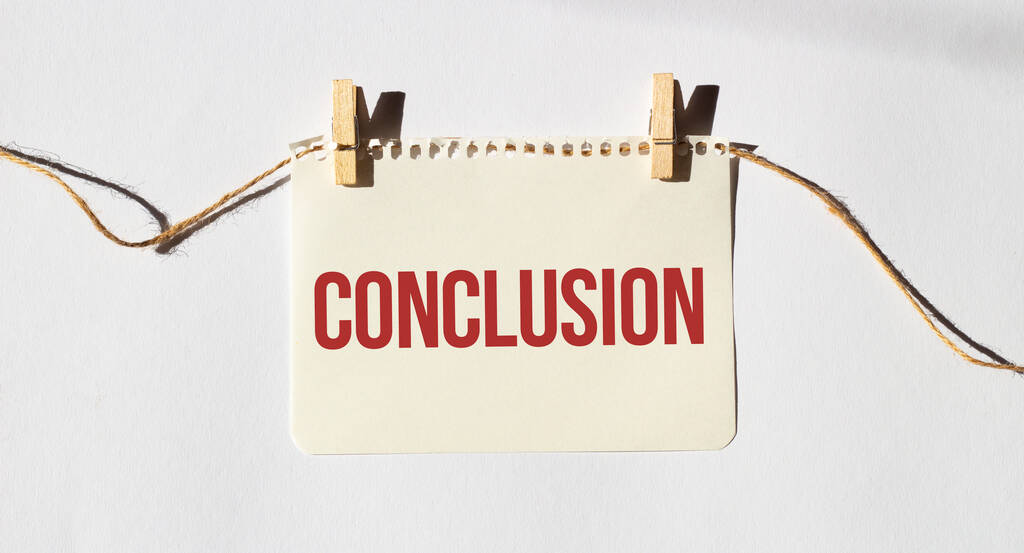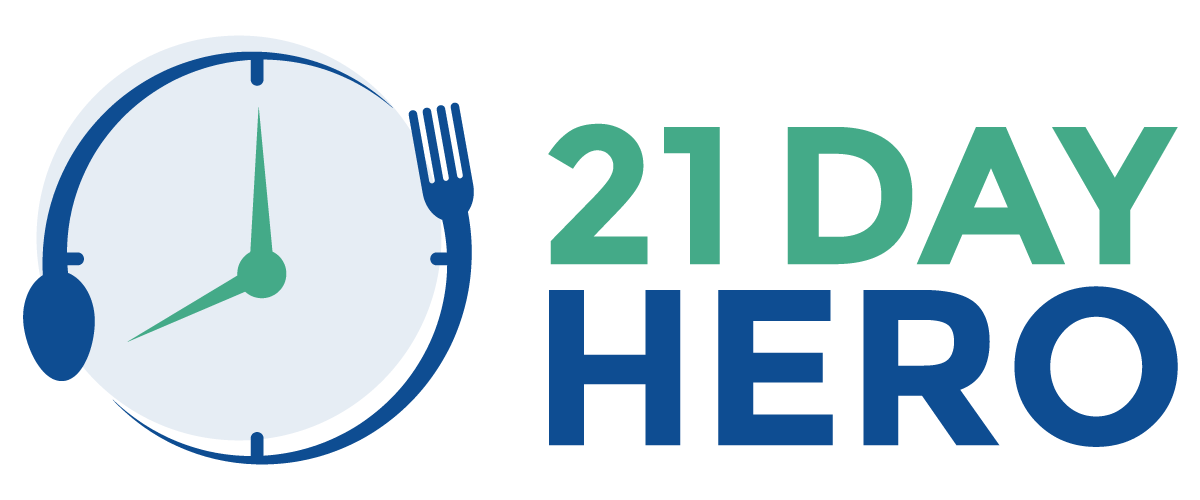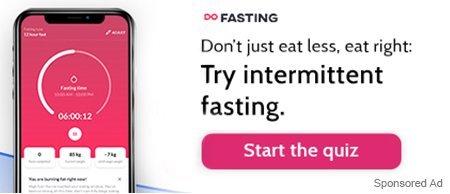intermittent fasting | what to eat | foods to avoid
What to eat during intermittent fasting, I don’t know what to do, tell me the best Foods for Fasting! We are here to help! Intermittent fasting is all about when to eat and not what to eat. But does that mean you can binge on ice cream, chocolates, and chips? Certainly not… If, during intermittent fasting, what to eat is your biggest concern, you are at the right place. This article will discuss intermittent fasting and how the right food choice can help you reap more benefits from this diet regime.
While practicing intermittent fasting, planning a balanced meal is essential to maintain optimal health. During your periods of fasting, making healthy food choices to meet your daily nutritional requirements is vital. You need to focus more on eating protein-rich foods, low-carb food from whole grains, and healthy fats. We will walk through what to eat after fasting in this article.
What To Eat During Intermittent Fasting (Foods for Fasting)
What to eat after fasting? Intermittent fasting is an eating pattern and not a diet plan. You may feel confused about what to eat while intermittent fasting. Although it is all about time intervals, eating healthy foods can make it more powerful.

So here we go.. what to eat during intermittent fasting. Here is the intermittent fasting food list that can help you plan a balanced diet:
Water
Water is not food, right? But it is a vital ingredient to get you through intermittent fasting. When you are on a fast for 16 hours, your body utilizes the sugar stored in your liver, which is in the form of glycogen. During fasting, your energy is burned, and electrolytes are utilized. Hence it becomes crucial to keep yourself hydrated.
However, how much water you should consume depends on various aspects such as age, sex, and weight. Experts recommend an adult should drink a minimum of eight glasses of water every day. Drinking water helps to improve your blood flow and prevents dehydration. Dehydration carries a risk of several health issues such as fatigue, nausea, weight gain, and tiredness.
The color of your urine is a good measure to check if you are dehydrated. Generally, urine should be pale yellow; if it’s dark yellow, then it means your body is getting dehydrated.
Foods Containing Salt
While fasting you may find that salt is needed in your diet more than usual. Be sure to sprinkle salt on your food, if you need to balance with an electrolyte supplement while fasting, that’s also a good idea as well.
Eggs

This is the ultimate superfood! The balance of fats, proteins and aminos, it makes it nature’s nearly perfect food! The eggs are rich in proteins and can be made in minutes. It is recommended to include the eggs in your intermittent diet; it makes you feel full and provides you with the necessary nutrients.
Cruciferous vegetables
Vegetables such as broccoli, cabbage, cauliflower, and brussels sprouts are some of the best foods for intermittent fasting. They are loaded with fiber. When you are eating at intervals, consuming more fiber to avoid any constipation issues is essential.
Cruciferous veggies are rich in vitamins C, E, and K; they are also rich in beta carotenoids, minerals and have antioxidant activity. Many studies suggest that these vegetables prevent cancer with their antioxidant activity. They make you feel full, which helps you fast for a longer duration.
Avocado

Avocado is a nutrient-dense, whole-food choice that helps you avoid weight gain and reduce the risk of obesity. Avocados are medium-calorie fruits that help to reduce adiposity. It contains nutrients such as fiber, phytochemicals, mannoheptulose, and monounsaturated fatty acids(MUFAs).
Dietary fiber in avocado prevents weight gain by improving satiety and inhibiting fat absorption. Mannoheptulose is a monosaccharide that helps in weight reduction. Avocado is rich in MUFAs, which helps to prevent fat gain and contribute to the loss of excess adiposity. Healthy fats are essential after a fasting period.
There is evidence to suggest that avocados may improve satiety and reduce hunger and food consumption. Avocado also impacts gut hormones; this would ultimately help you with calorie intake and weight management.
Seafood (wild caught)

According to the Dietary Guidelines for Americans, you should consume a minimum of 2 to 3 ounces of fish servings per week. Seafood such as fish, prawns, and shrimps are rich in proteins, vitamin D, and healthy fats. Seafood is an excellent fasting food choice because it is nutritious and does not add any unhealthy calories to your diet. Try to avoid fish high in mercury, shoot for Salmon and other smaller fish.
Studies suggest that the consumption of fish is healthy and it prevents cardiovascular risk. It’s highly recommended to include fish in your intermittent fasting foods.
Grass-Fed Meats

When eating red meats, try to get those which are grass fed and grass finished. When cows are fed grass throughout their lives, it actually packs more nutrients into the meat, thus making it a healthier option. This is loaded with good fats when picking the right cuts. Aim for Ribeyes, Sirloins, NY Strip, ground beef (on the leaner side 85% 15% is good), ground lamb, lamb chops, Venison, Elk, Bison and other wild game are also amazing to add to your diet. If you can stomach certain organ meats (liver, kidney, heart) those are also some of natures superfoods, loaded with vitamins and more.
Legumes
Foods rich in carbs supply energy for your daily activity; hence it’s essential to add some low-calorie carbs to your diet. Legumes and beans are low-calorie carbs, rich in proteins and vitamins.
Legumes and beans make you feel full during your fasting hours. Studies suggest that black beans, peas, lentils, and chickpeas are linked with a decrease in body weight, even without calorie restriction.
Potatoes

White potatoes can be digested easily and is a good choice to add to your intermittent fasting meal plan. When taken with a protein source, it makes a perfect post-workout snack. It can refuel energy in your muscles. Starch in the potato is good for gut bacteria.
Fruits and berries

Fruits and berries are healthy and rich in vitamins, minerals, and carotenoids. We suggest including a bowl of assorted fruits and berries in your diet. These fruits make you feel full and healthy. It is recommended to eat a minimum of 400g of fruits and vegetables every day.
Fruits help to break down the proteins and aids in easy digestion. They also result in improved skin health, reduced cell damage, and weight loss.
Nuts

You can include assorted nuts in your diet because it has good fats. They are excellent choices when you crave snacks during intermittent fasting. Many studies suggest that the consumption of nuts reduces the risk of cardiovascular diseases, type 2 diabetes, and mortality.
Whole grains (only if you are not gluten sensitive) otherwise avoid
Whole grains are rich in natural fiber; they can make you feel full and also help you to maintain your weight. Whole grains include wheat, whole wheat bread, pasta, oatmeal, millets, buckwheat, brown rice, and cracked wheat.
Whole grains have been linked to a reduced risk of cardiovascular diseases, diabetes, certain cancers, and other health problems.
You can also mix in lots of Gluten Free options as well which you can find at most health stores.
Ghee
Ghee is rich in omega 3 fats (DHA) and omega (CLA), which are good for weight reduction. The short-chain fatty acids in ghee help to increase the speed of digestion in your body.
Omega 6 fats have been associated with increased lean body mass and help to lower the fat mass. It also helps to mobilize your fat cells and burn for energy. My Favorite Ghee is by Golden Monkey, grass fed, organic and good price!

Probiotics
It is good to include a probiotic drink during your intermittent fasting. It helps your gut bacteria and helps in better digestion.
Few studies suggest that probiotics help to balance the levels of useful bacteria in your digestive system and reduce irritable bowel syndrome.
Another study observed that probiotics in intermittent fasting improve glucose tolerance, helps to achieve weight loss and glycemic improvement in prediabetics.

Smoothies
Peanut butter smoothies, avocado smoothies, berries smoothies, banana smoothies, dry fruit smoothies will help meet your nutrient requirement. Having healthy and nutritious smoothies can make you feel full. They add lots of vitamins, minerals, and proteins to your diet.
You can also add fresh fruit juice without sugar in your diet; it helps you lose weight and is loaded with nutrients. Just remember that juice should be enjoyed during your eating window. During the fasting window stick to the non-caloric beverages like water, black coffee or plain tea.
For some delicious homemade smoothie ideas check: 10 Easy Homemade Meal Replacement Shakes For Weight Loss.
Foods to Avoid During the Intermittent Fasting
You need to avoid some foods during intermittent fasting to maintain a balanced diet and a healthy lifestyle. Processed foods such as burgers, fries, and nuggets are high in calories, and they can increase your food cravings. These foods contain fat, added sugar, and empty calories.
Here is the list of foods you need to avoid during your intermittent fasting;
- Snacks such as fried chips
- Sugary drinks like carbonated drinks, coffee, cold coffee
- Processed, packed juices
- Cakes and ice creams
- Processed foods such as cheese, meat, etc.
- Popcorn
- Candies
Many studies suggest that processed foods and carbonated drinks lead to weight gain. You can replace carbonated drinks with fresh juices and fried foods with healthy salads. Be more mindful while choosing your food to make your intermittent fasting more powerful.
Final Words – What To Eat During Intermittent Fasting

I personally use healthy fats such as ghee, butter, avocado oil, coconut oil. Red meat is PACKED with essential amino acids and nutrients. Also fish and lean chicken are a large part of my diet. I try to avoid processed foods, carbs for the most part, and with this I’ve seen weight and bloating disappear when used with intermittent fasting.
When determining what are the Best Foods For Fasting, be sure to keep a balanced diet, watch your sugar, and processed food intake, and exercise regularly. This is the best way to maximize your intermittent fasting benefits.
Also need help fasting? Check out these Top 6 Fasting Mobile Apps we recommend to help you on your journey.
Want weight loss Shake recipes? See our Easy Recipes for weight loss shakes HERE.
Need help What to eat during intermittent fasting and guidance? We can help!













